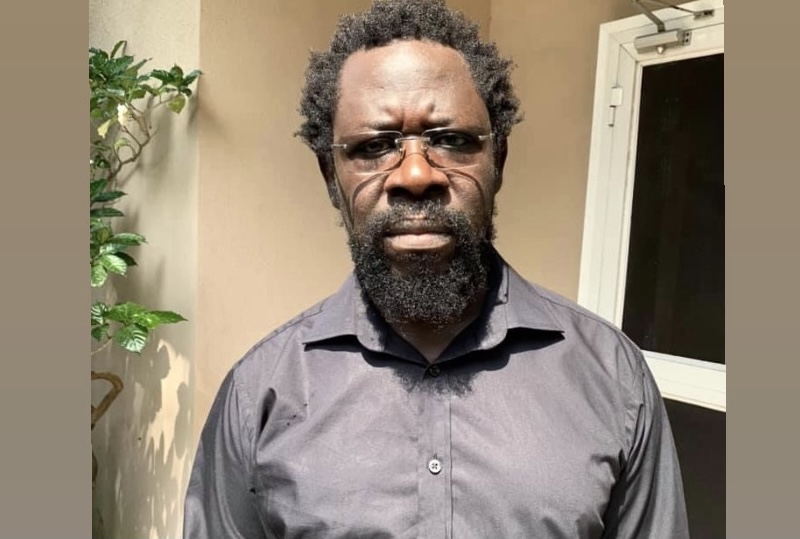
By DAYO ADESULU
The detention of human rights lawyer Dele Farotimi has sparked widespread outrage, with activists planning nationwide and international protests to demand his release.
Farotimi was arrested by officers from the Ekiti State Police Command following a defamation petition filed by Chief Afe Babalola, SAN. However, activists argue that the detention is unjust, citing legal precedents and decriminalization of defamation in Nigeria.
Legal and Public Reactions
The Nigerian Bar Association (NBA) has voiced its concerns, highlighting that defamation as a criminal offense was repealed by the Supreme Court in 2021. In a notable case, Aviomoh v. Commissioner of Police & Anor (2021), the court ruled defamation to be a civil, not criminal, matter.
Farotimi’s contentious arrest stems from claims in his book, Nigeria and its Criminal Justice System, where he alleged that Chief Babalola influenced the Supreme Court for favorable judgments.
Protests Planned for December 10, 2024
Activists have refused to heed police warnings against protests, scheduling nationwide demonstrations on December 10 to coincide with Farotimi’s bail hearing. The protests are set to extend internationally, with gatherings planned in London, Lagos, Abuja, and Ado-Ekiti.
Prominent activist and AAC presidential candidate Omoyele Sowore has taken to social media to mobilize support, insisting on peaceful demonstrations despite police claims of potential violence.
Convergence Points for the Protests:
- Abuja: Ministry of Justice and Federal High Court
- Ekiti: Police Headquarters, Ado-Ekiti
- Lagos: Afe Babalola Chambers, Magodo
- London: King’s College London
Sowore tweeted:
“The @PoliceNG can’t ban protests anywhere; we are getting loads of Nigerian citizens to shut down Ado-Ekiti on December 10, 2024, from 7 am.”
Police Response
The Ekiti State Police Command has reiterated its stance against the protests, citing intelligence reports of potential violence. According to DSP Sunday Abutu, the prohibition is to safeguard lives and property.
However, critics argue that this move infringes on constitutional rights to peaceful assembly and protest.
Public Sentiment
The planned demonstrations have drawn mixed reactions. While many Nigerians and rights groups back the protests, others express concerns about escalating tensions. The involvement of influential figures like Sowore and the mobilization of international attention signal growing scrutiny on Nigeria’s judiciary and law enforcement practices.
Key Takeaways
- Arrest and detention of Dele Farotimi have sparked widespread protests and legal debates.
- Activists plan simultaneous protests in Nigeria and the UK on December 10, 2024.
- The NBA and other groups highlight the decriminalization of defamation in Nigeria as a key issue.
- Police warnings against protests fuel further criticism of perceived suppression of civil liberties.